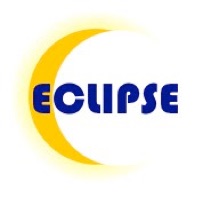Bert was a participant in the Understanding Science project.
A key idea in school physics is that forces occur in pairs, when two bodies exert an equal magnitude force upon each other (as required by Newton's third law). However, this seems counter intuitive to pupils, who may expect that a larger (more massive, or greater charge etc.) object would exert a greater force on a smaller body than vice versa. In physics a distinction is made between the forces (always equal) and their effects (which depend upon the force applied, and the mass of the object being acted upon). This distinction is not always made by students.
When in Y11, Bert offered an example of one of the common alternative conceptions found among students - that the larger body will exert more force:
What about the Earth going round the Sun, that’s an orbit as well is it?
Yeah.
…
So why does it go round?
Why does it go round?
Yeah.
Erm because erm, well one is the gravity of it pulling and the other is, I’m not so sure what the other force is.
That’s gravity of what?
The Sun.
So the gravity of the Sun pulling on the Earth?
Yeah.
Do you think the Earth pulls on the Sun?
Yeah, I guess but not strongly enough to move the Sun. Because if there’s an object with a small amount of mass then it’s not going to give off as much pull as something ten (10) times bigger as it. So the Earth would pull more on the Sun, I mean the Sun would pull more on the Earth.
Whereas the physics perspective is that a force is an interaction between bodies, Bert talks as though a force is something that emanates from one body to another ("give off … pull"), a way of talking quite common among students applying their intuitive understanding of force.
Return to ECLIPSE homepage
List of science topics

Dr Keith S Taber kst24@cam.ac.uk
University of Cambridge Faculty of Education